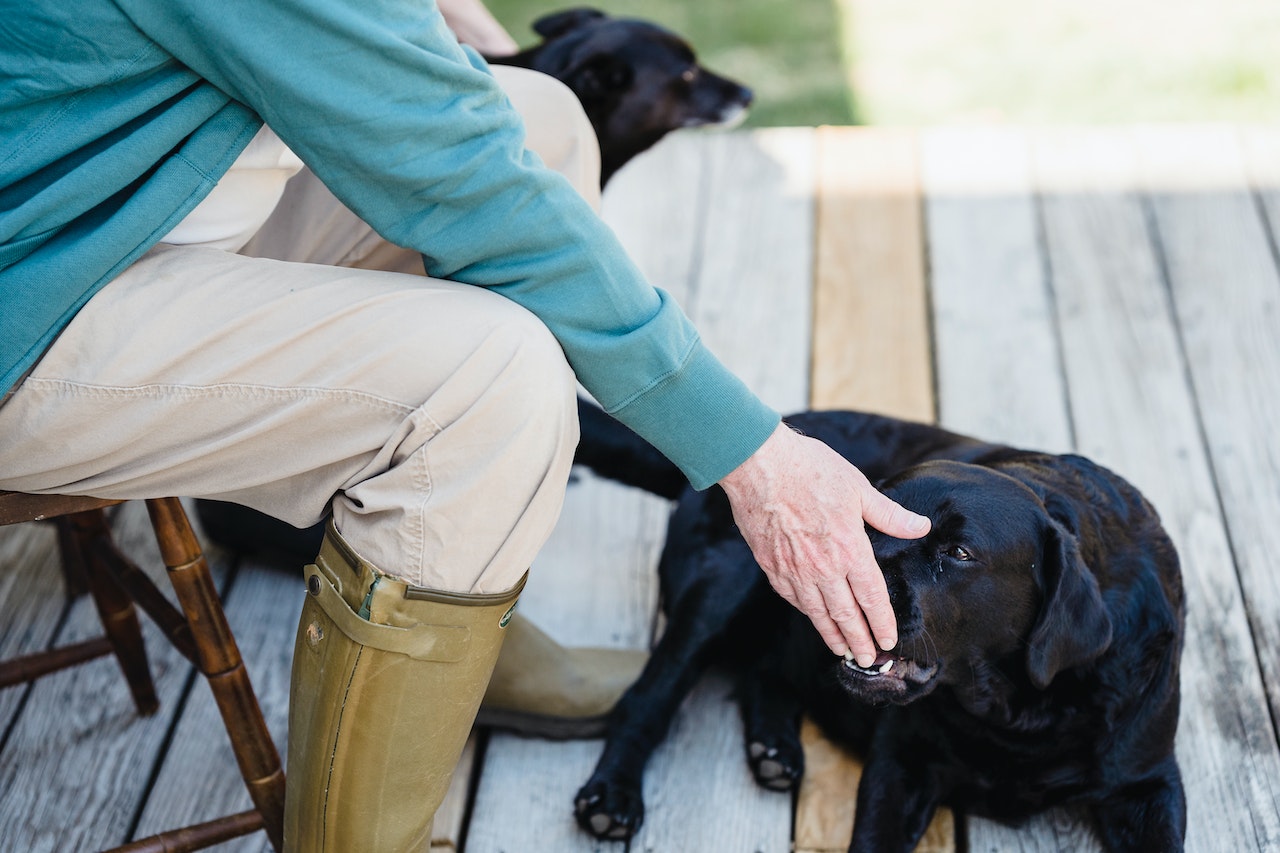
There are many things to consider when you get your puppy. Understanding your pet’s needs early on will help ensure his emotional and physical health for the rest of his life.
Physical activity

Dogs need to be active, but it is important that they are able to do so safely.
- You should ensure that your dog has an area for exercise. Dog walks should not be used as a means to get the dog to the bathroom.
- Keep reminding yourself that medium, large, and very large dogs grow slower than those who are smaller. Their bones and joints grow during this time. These dogs shouldn’t be taken long distances with them or engage in any sport until they are old enough to do so. It is best to keep these dogs active but not too intensely, by choosing more frequent and less intense physical activities.
- Play is an activity that dogs can engage in, which helps them develop their psychological well-being. Play is good for dogs for many reasons. It allows you to spend quality time with your dog, strengthen your emotional bonds, and help him maintain his vitality, his cardiovascular, and immune systems.
Conditions for detention
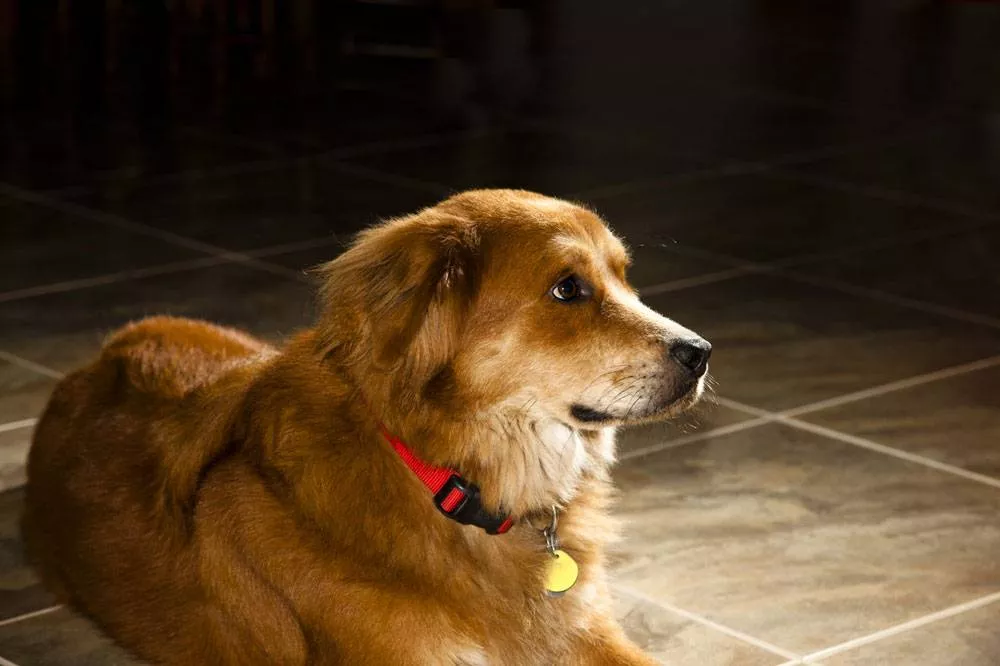
Negative experiences can have a lasting impact on puppies’ ability to be sensitive to the world around them. The behavioral development of a puppy goes through many stages. There is a four-week period of socialization which begins at 4 weeks old and continues until 14 weeks.
Both the period of fear and socialization are simultaneous, so any psychological stress experienced during these times can have serious long-term consequences. It is crucial to monitor your puppy’s reaction to environmental factors as soon as he arrives in your home.
- You should create a separate sleeping space for your puppy. You should provide your puppy with a separate area to sleep in that is safe and secure.
- Make sure your environment is rich in stimulants. Puppy love to play with rubber toys and hide in big cardboard boxes. You must supervise puppy play.
- You should gradually introduce your pet to the new environment. You should slowly introduce your pet to city life if you live in a large city. This includes elevators, cars, trams, and trains.
- Your puppy should learn to be left alone. Your puppy should learn to be left alone from one time to another.
- Introduce your pet to other dogs. Communication with other dogs and animals is a key condition for puppy socialization. Your pet should participate in family walks as much as possible.
- Take the puppy for a walk. Do not put off walking your puppy. At two months old, he should be able to explore the surroundings.
Feeding
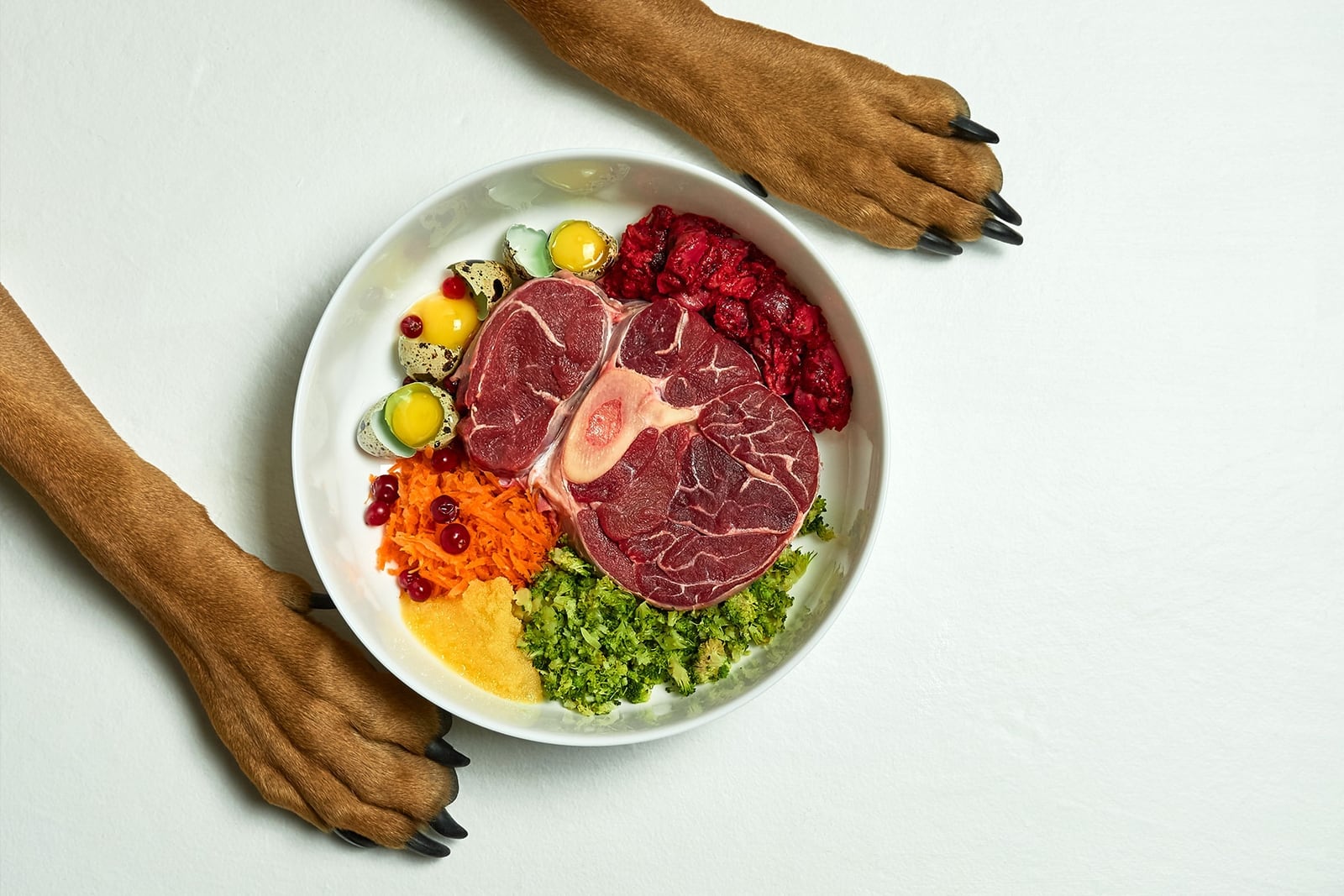
Like exercise, puppies’ nutritional needs change with age. In the beginning, puppies should be fed small meals every day. Gradually, this will decrease to one or two meals per day. Because dogs can be more sensitive to digestion than other breeds, their nutritional needs will vary depending on their size. Water should be available to the dog at all times. You should not give your dog too much food.
Your veterinarian can help you determine how much food your dog should eat and how the different stages of his growth affect it. Your veterinarian will help you create the best conditions for your pet’s growth and prevent obesity and stress on his developing joints.
It is primarily used to provide energy. However, it also helps in the building and maintenance of cells. This can help prevent digestion disorders, and skin, joint, and other aging issues. A healthy diet requires nutritious food that is rich in nutrients.
- You should not abruptly switch your pet’s food to a different one. You should not give your puppy a different food for the first few days. This will cause digestive problems. You can switch food during the weekly transition period. Mix the old and the new foods in different proportions.
- Make sure your pet is fed food appropriate to its age. Special products are available for puppies that meet their needs during growth. To help your puppy grow, you should follow the instructions of your veterinarian.
- Establish a daily routine. Dogs are pack animals and require hierarchical markers. Your puppy should be fed in the same spot every day after your family has eaten. This will help your puppy to learn that you are the dominant person in the house. If possible, stop your puppy from playing for at least one hour after you have fed him.
- Treats should be treated as an exception and not as a rule. To help your dog maintain a healthy weight, treats should only be given in rare instances. Chocolate and sugar are not allowed as they can be toxic to dogs. You can reward the animal by giving them low-calorie croquettes as a reward.
Grooming and Health
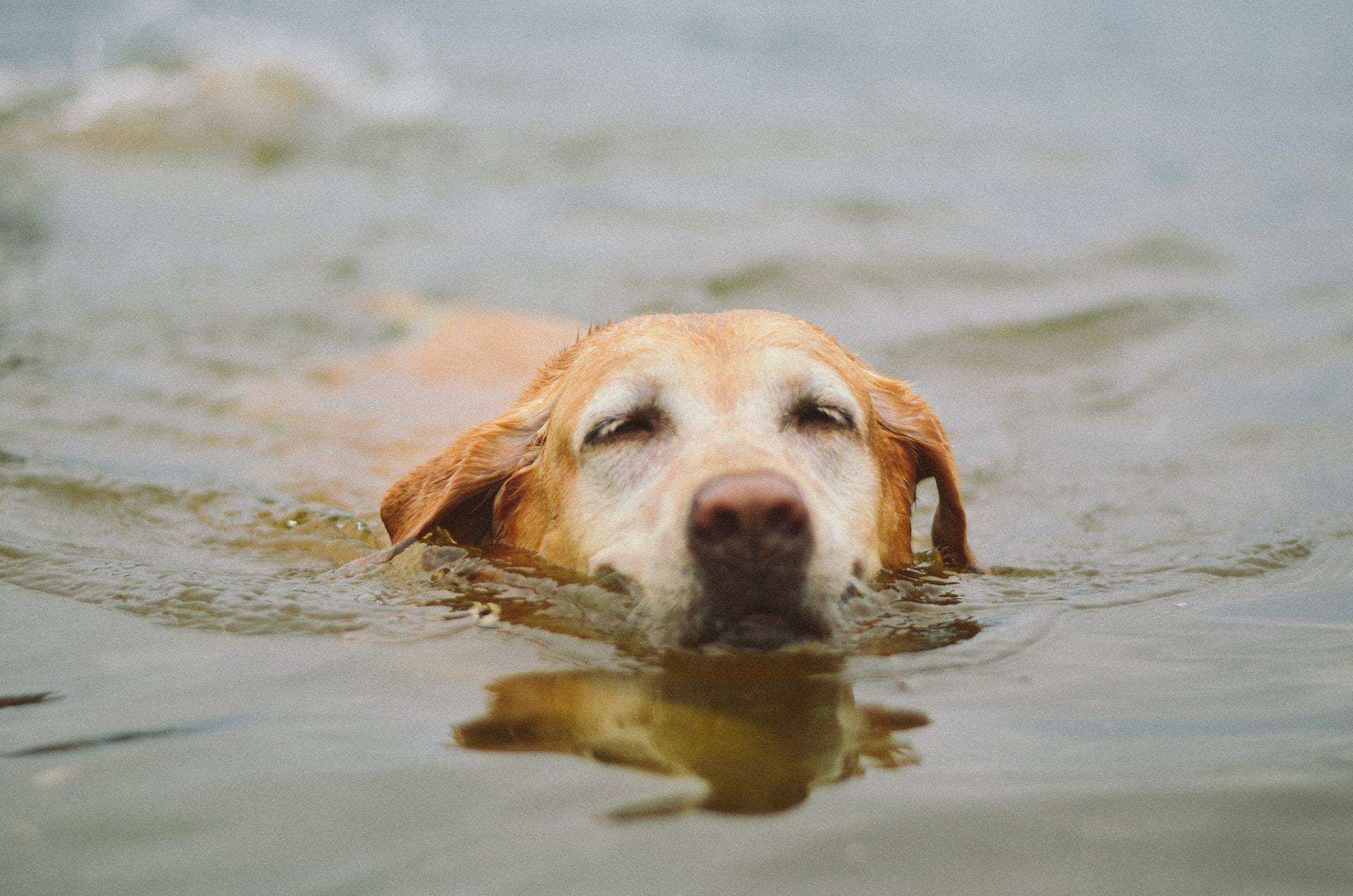
Regular grooming should be a routine. Regular grooming will keep your puppy’s coat and skin healthy. It will also help you bond with your pet. Additionally, a well-kept coat can help you detect any abnormalities or pathologies early on. Dogs will enjoy grooming as soon as they are familiar with it. It’s never too late!
- As a puppy, you should start taking care of your dog’s teeth from an early age. This will help the puppy get used to brushing his teeth using toothpaste and toothbrush made specifically for dogs. You can brush your puppy’s teeth multiple times per week.
- Make an appointment to have your puppy vaccinated. Vaccination can help to prevent the spread of infectious diseases that can sometimes prove fatal. Some vaccines must be administered, others can be used as an advisory. The puppy vaccination program typically begins at six to eight weeks old.
- Talk to your veterinarian about treating your pet’s worms. It is common for puppies to get worms. Therefore, until six months of age, it is recommended that you treat your pet every month and every six months thereafter. Your veterinarian will determine the best deworming schedule to use for your puppy.
- Discuss flea protection with your veterinarian. Make sure your puppy is protected from ticks and fleas. Protection must be applied to the animal and its environment. Consult your veterinarian.
- You should consider spaying or neutering your pet. It is an important decision that must be made. You must weigh the potential benefits of spaying/neutering against the possibility of having offspring with your dog in the near future.
Training
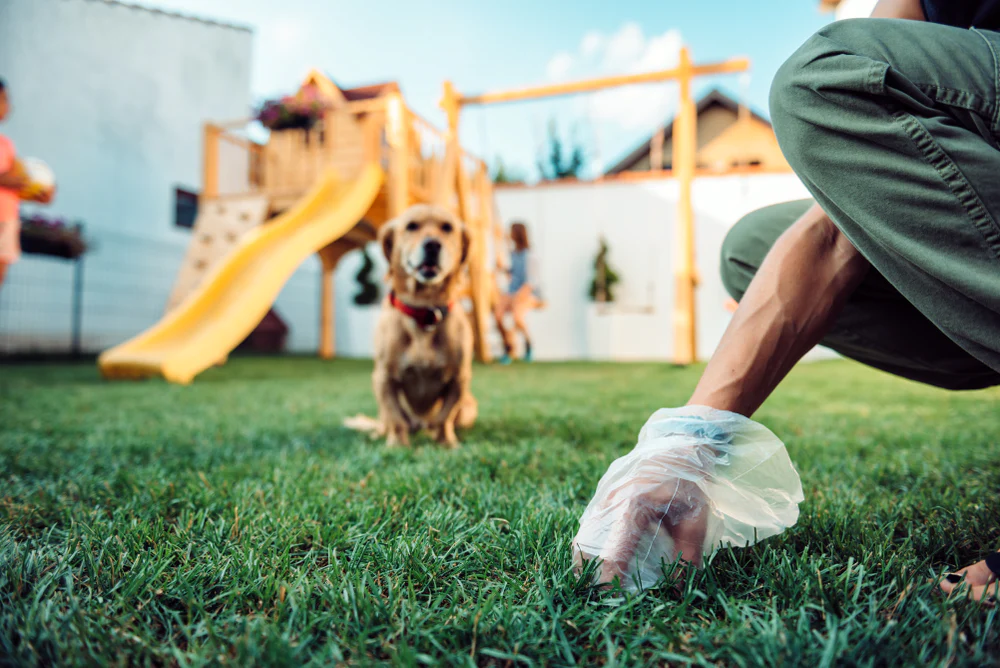
From an early age, it is important to instill good behavior and obedience. Puppy training should be started as soon as possible, at the puppy’s most natural age.
Your dog should be able to understand the rules of behavior in order to make your life easier and for the safety of others. Do not hesitate to seek professional assistance in training your dog. Many kennel clubs and dog schools are available to assist you.
- Toilet training. A puppy that arrives in your home will most likely not have been toilet trained. It takes patience and time to train a puppy. Do not punish or scold any puppy who has caused embarrassment. Instead, you should find ways to stop the puppy from using the bathroom in the house.
- From an early age, learn to respond to a nickname. To get your puppy’s attention, you should speak slowly and clearly and then associate each command with the puppy’s name. To help your puppy learn obedience skills, wait until he is awake.
- Gradually get the puppy used to driving a car. So that your puppy doesn’t become anxious, teach him how to drive a car. Take a few rides with your puppy before you take off on a long journey.
There are many things to consider when raising a puppy. This includes all of the details necessary to ensure your dog’s emotional and physical health. It will make your life easier and help you to be a better parent. Your veterinarian can offer advice and support if you have any questions.